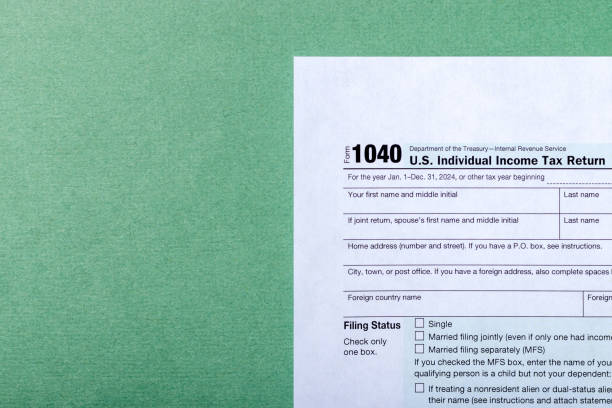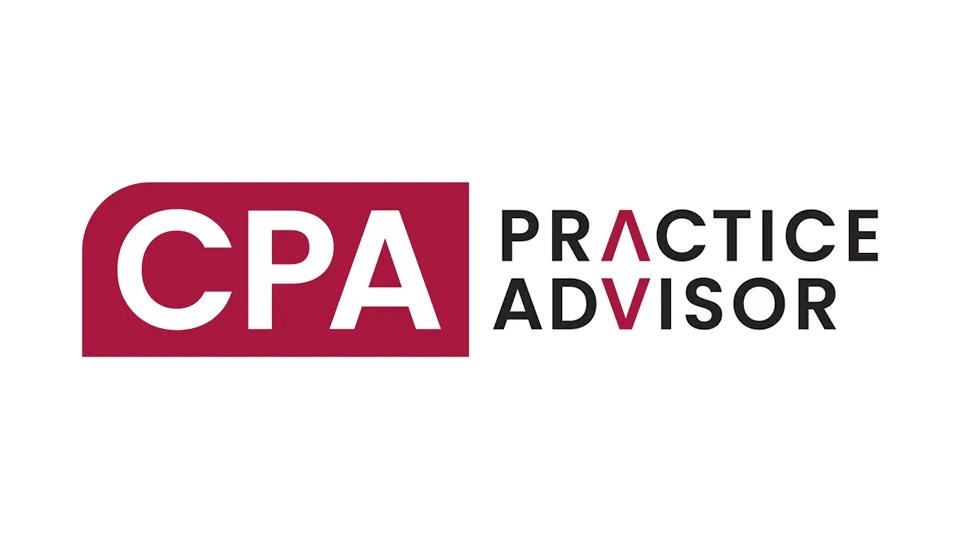The U.S. tax code is complex. That’s obviously not a secret. And in the nearly 100 years since the permanent institution of the national individual income tax, it has grown ever more so, with seemingly endless add-ons and patches, credits and deductions. As for many of our tax and accounting professional readers, whether you are personally a proponent of a major rewriting of the code, a flat tax or some other variation, the truth, for better or worse, is that it is currently still a confusing process for most individuals.
For professionals trained in the rules, logic and math of taxation, however, it is a skilled exercise that investigates facts and arrives at a generally solid conclusion, hopefully backed by reliable data and founded in the principles and precedent-based interpretations of IRC. Tax experts can also be artists, however, since the creative and questioning mind is an integral part of the tax planning process.
Perhaps tax planning is better described as two parts science, with one part art/creativity. The base is still in a solid understanding of the current tax code, as well as what that will look like in the future. Add variables that can be controlled over time, and that’s the key to the final part: the question, “What if?” Different clients will have different potential “what ifs” from which to build plans, but the point is to identify the best possible outcome. And this is usually to lower tax liability and/or avoid underpayment penalties, based on the known components.
Common variables include anticipating future changes in income, filing status, capital gains realizations, and fund distributions. How will taking certain actions now affect an individual’s tax situation this tax year and in future tax years, as compared to making those actions in future years, or when possible, spreading income over multiple years.
With the frequency of significant changes to the tax code (which lately seems to occur every year), it’s critical for taxpayers, particularly those with moderate or greater investment activity or complex income, to seek professional guidance in return preparation as well as in a proactively plan that anticipates possible taxation issues.
Keeping up with the constantly evolving code is also a challenge for professionals, but one for which there are solutions. Tax research systems are one of the core resources, but the addition of a specialized tax planning system is the most effective way to offer clients a service from which they can realize tangible value. “See Bob, this is how you’re going to save $X,XXX over the next Y years.”
Most of the major tax programs offer planning modules, and there are stand-alone planning systems that offer integration with multiple tax systems. These solutions vary in capabilities, with some designed to meet the needs of the most complex taxpayers and others best suited to producing quick basic plans. All allow for multi-year scenario testing and incorporate the latest tax laws, limitations and pending changes.
This allows the professional and their clients to determine best- and worst-case effects, and helps them to take steps to avoid potential dangers or optimize deductions and credits. As with weather forecasting, tax planning isn’t going to be perfectly accurate every time due to the likely changes in the tax code, particularly for longer-range, multi-year plans. A well-trained professional, however, armed with the science of tax knowledge and a creative, scenario-driven mind, can offer clients better predictions than meteorologists. For clients, that’s more money in their bank instead of the IRS’ coffers, and for the firm, it’s a strengthened client relationship. And that’s a Win-Win!
Thanks for reading CPA Practice Advisor!
Subscribe Already registered? Log In
Need more information? Read the FAQs
Tags: Tax Planning




